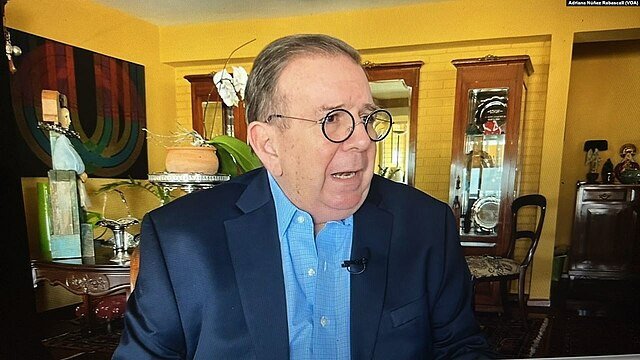The United States has recognized opposition candidate Edmundo González Urrutia as the rightful winner of Venezuela's recent presidential election, challenging the self-declared victory of incumbent President Nicolás Maduro. U.S. Secretary of State Antony Blinken announced on Thursday that there is "overwhelming evidence" that González won Sunday's election, criticizing Venezuela's electoral council for conducting a deeply flawed process that did not reflect the will of the voters.
The announcement from Washington comes as regional leaders, including those from Mexico, Brazil, and Colombia, are calling on Maduro to provide proof of his proclaimed victory. The U.S. recognition of González is seen as a strong statement against the alleged electoral malpractices that have marred the political landscape in Venezuela.
"Now is the time for the Venezuelan parties to begin discussions on a respectful, peaceful transition in accordance with Venezuelan electoral law and the wishes of the Venezuelan people," Blinken stated. He emphasized the need for a transition that aligns with the democratic aspirations of the Venezuelan populace.
Despite Maduro's claims of victory with 51% of the vote, opposition leaders assert that they have collected polling tally sheets from 80% of precincts, which show González winning with a significant two-thirds majority. The electoral council's refusal to release the public tally sheets has further fueled suspicions of electoral fraud.
The situation has escalated with over 1,000 people detained, many of whom were protesting the alleged election fraud. Human rights group Foro Penal reported that at least 11 people have been killed during these protests.
Maduro, however, remains defiant, alleging without evidence that the electoral council was hacked. He has filed a motion before the Venezuelan Supreme Court, seeking an investigation into what he describes as acts of "destabilization" against the electoral process. This move is widely perceived as an attempt to solidify his claims of victory through institutional backing, given the court's alignment with Maduro's regime.
The international response has been critical. The Organization of American States (OAS) has called on Maduro to open up his regime's vote count for scrutiny or to redo the presidential elections due to the widespread allegations of fraud. However, an emergency resolution by the OAS demanding transparency in the vote tallying did not secure enough votes, with countries like Colombia and Brazil abstaining.
The contested election has drawn attention to the broader issues of democratic norms and human rights in Venezuela. The U.S. State Department's press release highlighted the deeply flawed nature of the election results and reiterated the need for re-establishing democratic standards in the country. "We fully support the process of re-establishing democratic norms in Venezuela and stand ready to consider ways to bolster it jointly with our international partners," the statement read.
The electoral crisis in Venezuela underscores the ongoing struggle for power and the fight for democratic governance in the country. As Maduro faces increasing international pressure to validate his victory claims, the recognition of González by the U.S. adds a significant dimension to the geopolitical dynamics in the region.




